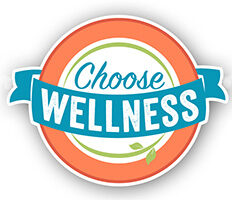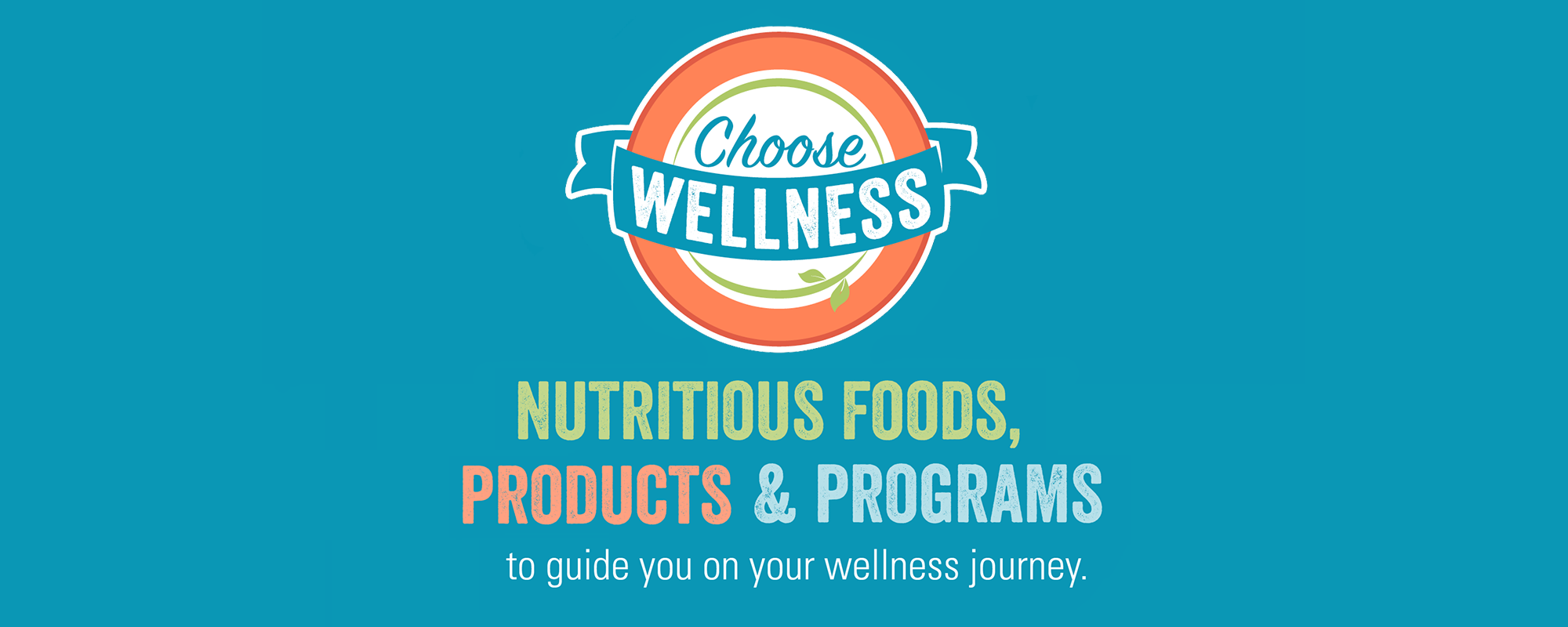Wellness is a term that can encompass things such as mediation, exercise, making time for friends and family, or just your general lifestyle. Whether you are just starting your wellness journey, or you are trying to refine some aspects, everyone can improve parts of their life to live a healthier and more fulfilling life. One important aspect of wellness is nutrition; the things you eat today will not only affect your overall life now but also help improve your quality of life in the future. Here are some key features of a healthy diet.
- Eat a variety of fruits and vegetables: set a goal to include at least one fruit or vegetable into each meal and snack.
- Remember to eat high fiber foods: high fiber foods are whole grains, many fruits and vegetables, beans and split peas.
- Limit the number of sugary beverages and foods: exchange sodas, sweet tea and other high calorie drinks for water, unsweet tea, and low calories drinks.
- Go for the whole grain options: whole grain options include cereals, pasta, bread, brown rice, oatmeal and popcorn.
- Make sure you are getting enough calcium and vitamin D.
- Drink alcohol in moderation.
- Slow down while eating, the faster you eat the more calories you tend to consume.
- Make sure you are consuming enough water.
- Remember to exercise- start with small changes, like taking the stairs, park your car at the end of the parking lot, take a daily walk or do simple exercises during commercials while watching TV (try sit ups, jumping jacks or lunges).
A consistent, healthy diet rarely happens overnight so try to incorporate small changes at a time and continue to add them to achieve an overall healthier lifestyle. Wellness is about making yourself feel the absolute best and by improving your diet, you will begin to feel better. It can help reduce chronic disease risk for your future.



